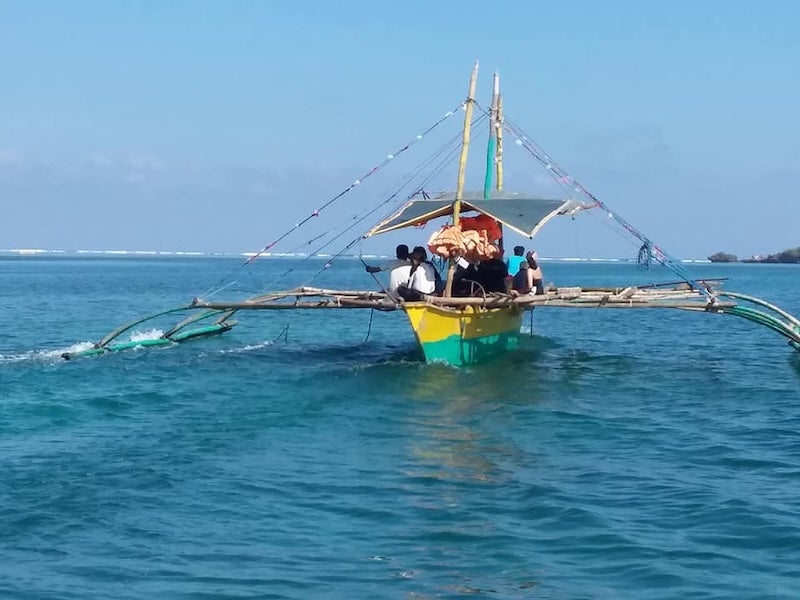This summer, Michael A. Rice, professor and chair of Fisheries, Animal and Veterinary Sciences traveled to the Philippines to conduct Continuing Professional Development Workshops for officers in the national fisheries management agency.
Rice was in residence at the Asian Fisheries Academy, a training facility under the National Fisheries Research and Development Institute in the Philippines operated by the Philippine Bureau of Fisheries and Aquatic Resources (BFAR). Rice served as one of the principal resource professionals conducting the Continuing Professional Development Program. More than 950 fisheries professionals scattered across the archipelago participated. Fisheries officers throughout the country are required to have continuing education credits, Rice notes, of which he regularly contributes to providing.
“This is required by Philippine law as a recognized keystone profession for national food security, so the Filipinos take this as seriously as they do for civil engineers, doctors, and lawyers through the national professional accreditations agency,” he says.
For a few days before engaging with BFAR, Rice lectured at Central Luzon State University (CSLU), on the sustainability of aquaculture in the Philippines and other Southeast Asian countries. The University of Rhode Island and CSLU formalized its partnership in 2024, including an exchange of both undergraduate and graduate students, joint educational research, exchange of faculty and staff, and participation in conferences which will advance the shared vision and mission of both institutions toward excellence in education and in research and development.

Rice has been traveling to the Philippines to conduct fisheries research, advise government agencies, and teach about aquaculture for more than 40 years. He began as a Peace Corps volunteer assigned to BFAR from 1981 to 1985, where he designed the country’s first depuration system to rid farmed oysters of impurities and he worked on the first commercially successful project to farm tropical grouper fish in the Philippines.
In 2018, he was awarded a lifetime achievement award from the government of the Philippines for his many years of work supporting the country’s aquaculture industry. To this day, he is just one of only two foreign nationals to receive the honor.

